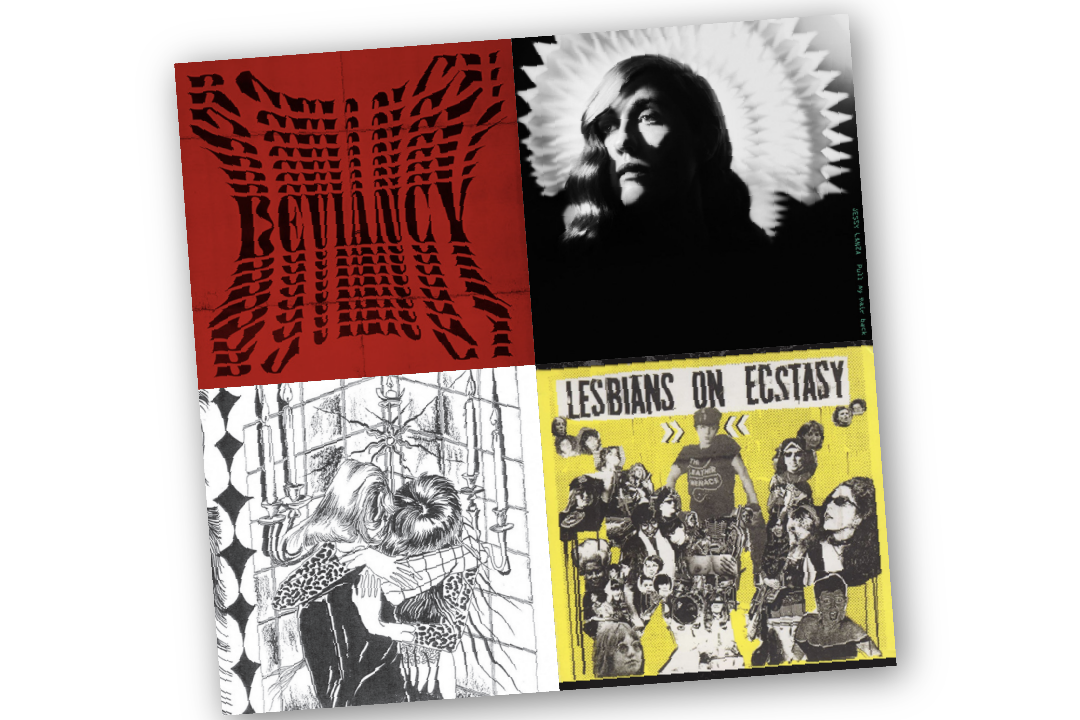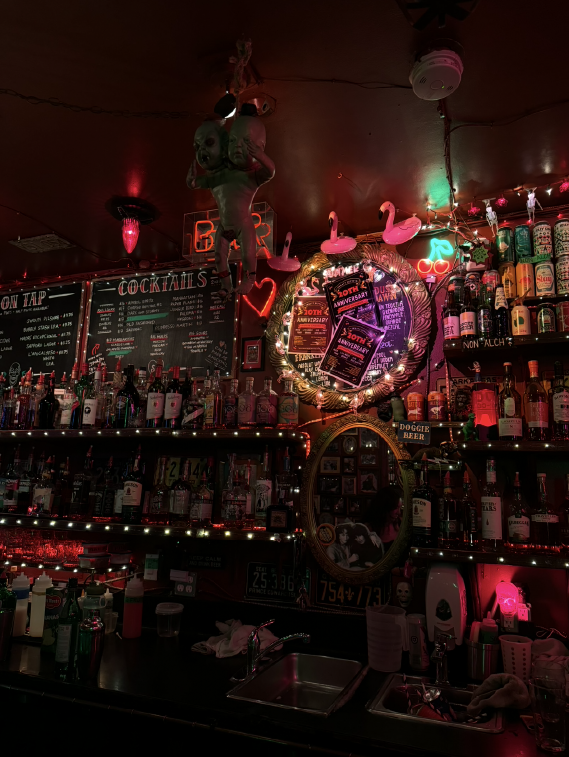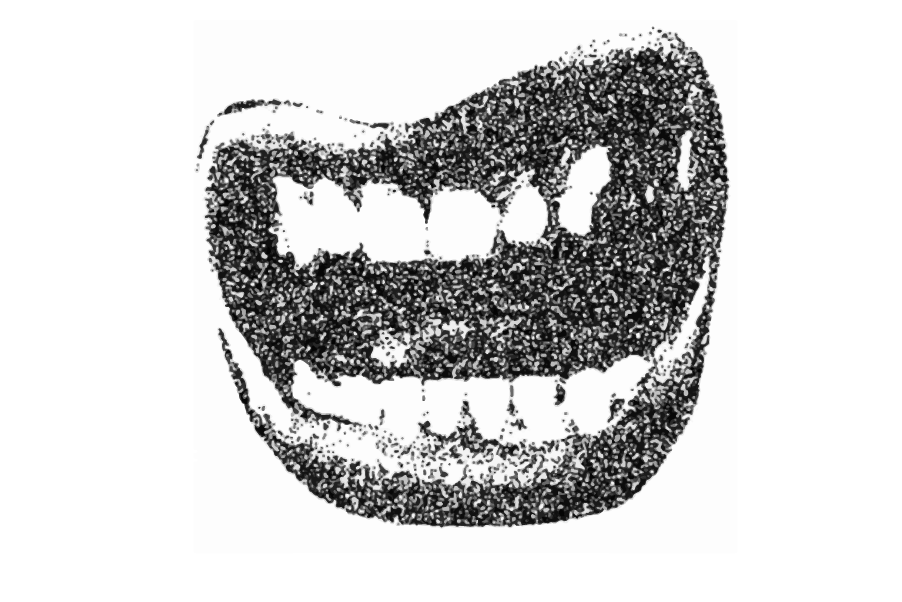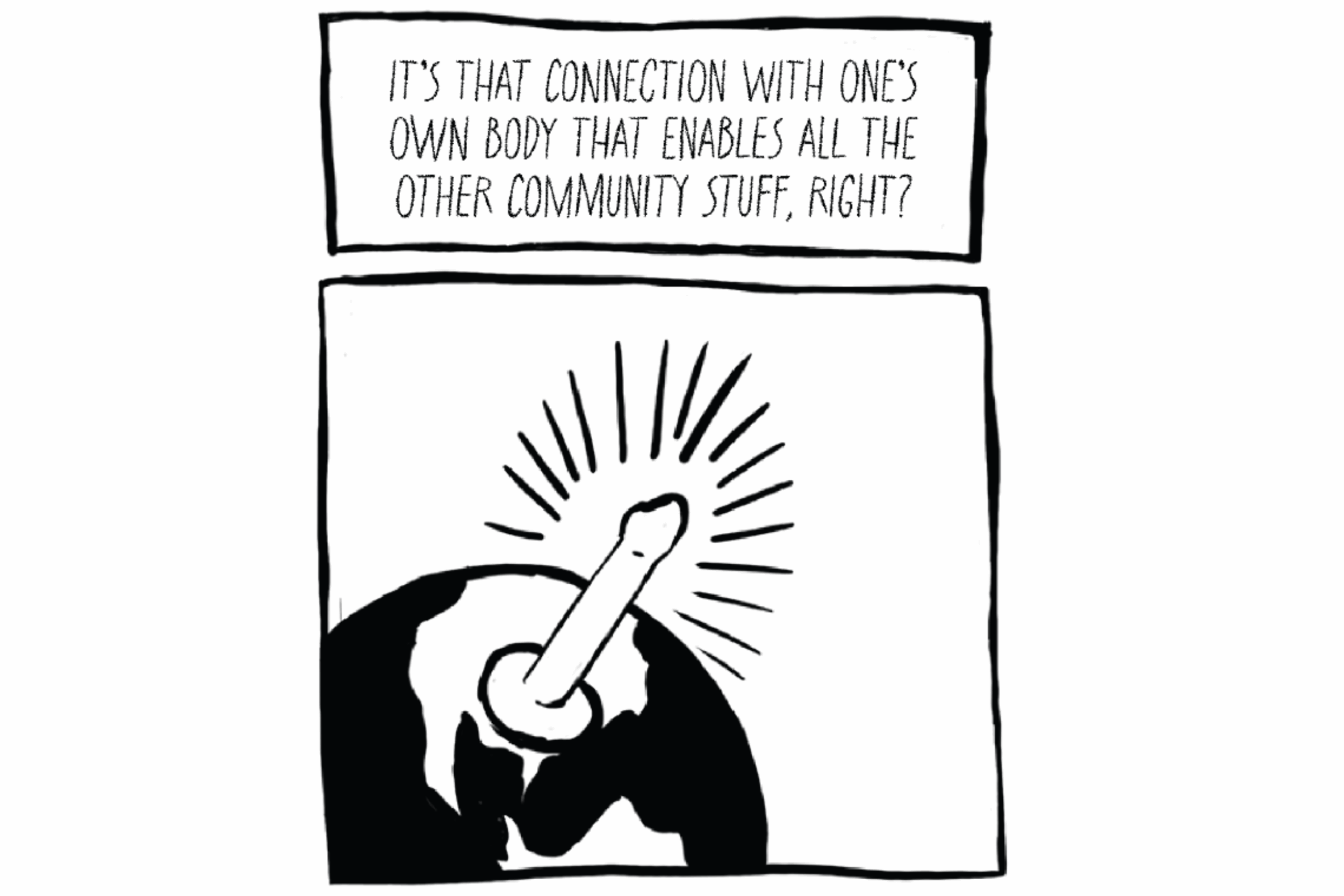By Ivonne Flores Kauffman
Photo courtesy The Divided Brain trailer
On April 9, The Divided Brain made its Canadian premiere at the Isabel Bader Theatre in downtown Toronto. The film, directed by Manfred Becker and produced by Canadian Vanessa Dylyn, seeks to explain how the human brain works and the importance it has regarding the way we see ourselves and the world around us.
Dylyn, who is an Emmy-nominated and Canadian Screen Award-winning producer, presented the film to the audience. The Divided Brain is not the first documentary Dylyn has produced. She is responsible for other films such as Werner Herzog, a documentary about our relationship with volcanoes, The Woman Who Joined the Taliban, for CBC, and Leslie Caron: The Reluctant Star, an arts documentary on the career of actress Leslie Caron, star of An American in Paris.
The documentary was inspired by Dr. Iain McGilchrist’s book The Master and his Emissary: The Divided Brain and the Making of the Western World. McGilchrist, a soft-spoken British psychiatrist and neuroscientist, has a radical theory on the way our brain works. He believes most of the problems our planet is facing today are the result of our brains’ left hemisphere taking full control over our thoughts and perceptions of life.
The documentary argues that Western societies are failing to find balance when it comes to relationships, knowledge and Mother Nature. The world is facing critical economic, social and environmental issues. McGilchrist’s theory argues the reason behind these problems might be related to the idea that the left hemisphere has hijacked our brain and that it cannot see the full picture when it comes to our actions and thoughts. We could compare the left hemisphere as the way an extremely paranoid person thinks. They might be right about every single detail, but they are wrong about everything. The left hemisphere is excellent at organizing and accomplishing things. However, it fails to understand them in depth.
McGilchrist believes Westerners have focused on small details like making money, acquiring power and creating technologies; all of these pursuits dictated by the left hemisphere or as he calls it “the master of the brain.” However, according to him, if we used the right hemisphere with the same passion we allow the left one takes control, our world would be a much happier and healthier space. The right hemisphere in our brain is the one that dictates emotions such as love; it’s the one that can see the magnificence within Mother Nature and instead of destroying it, it understands our bodies are connected to it.
To support McGilchrist’s theory the documentary follows him around the world as he not only interviews experts but gets together with people who have lost the ability to use both of their brains’ hemispheres as result of strokes or other damages.
In addition, the documentary includes interviews with actor-comedian John Cleese, neuroanatomist Dr. Jill Bolte, pioneering neuroscientist Dr. Michael Gazzaniga, former Archbishop of Canterbury Rowan Williams, neuroscientist Jurg Kesselring, Aboriginal elder and scientist Dr. Leroy Little Bear and neuroscientist Onur Gunturkun. All the subjects interviewed added some evidence to support Dr. McGilchrist’s theory. Dr. Kesselring invited some of his patients to show the way their brains work after suffering from different injuries that affected the efficiency with which they can either use the right or left hemisphere of their brain. Dr. Little Bear explained Indigenous connection with Mother Nature could be traced to a more predominant use of the right hemisphere and a cultural deeper understanding of our relationship with Nature.
After the screening, author Carolyn Abraham hosted a discussion via Skype with McGilchrist, Dr. Norman Doidge, author of The Brain That Changes Itself, and Dr. Jordan Peterson who wrote 12 Rules for Life. The discussion allowed for the questioning of McGilchrist’s theory, which the psychiatrists present did not entirely agree.
Perhaps, McGilchrist’s theory is unconventional and can’t be proven, but given the crises we are facing today, it might be worth it to think critically about this documentary and actually look within ourselves to create a shift in the society.






